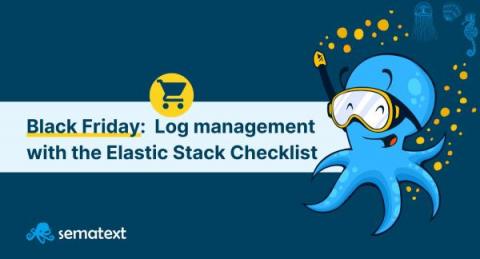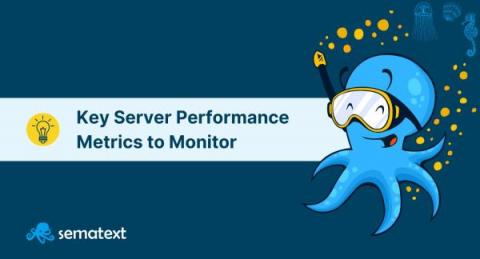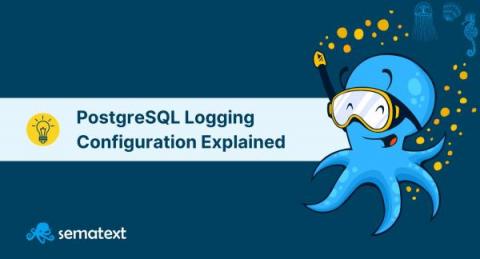Operations | Monitoring | ITSM | DevOps | Cloud
July 2022
solr-reindexer: Quick Way to Reindex to a New Collection
If you’re using Solr, for sure there are times when you change the schema and need to reindex. Quite often the source of truth is a database, so you can use streaming expressions via the JDBC source to reindex. But sometimes that’s not possible or adds too much load to the DB. So how can we use Solr itself as a source?
Black Friday log management (with the Elastic Stack) checklist
For this Black Friday, Sematext wishes you: Now seriously, applications tend to generate a lot more logs on Black Friday, and they also tend to break down more – making those logs even more precious. If you’re using the Elastic Stack for log management, in this post we’ll share some tips and tricks to prepare you for this extra traffic.
How to Monitor Docker Metrics | Container Performance Monitoring Explained - Sematext
How to Monitor ZooKeeper: Key Metrics & Best Tools [2022 Comparison]
Apache Zookeeper is a great tool used by many popular tools. Your Kafka uses Zookeeper, your HDFS uses it, your SolrCloud uses it, and your ClickHouse may also be using it. No matter where you are using Apache Zookeeper, it is usually a crucial piece of the infrastructure and it needs to be reliable and fast.
Sematext Experience | Real User Monitoring Tool | Front-end Monitoring Solutions
Key Server Metrics to Monitor for Peak Performance and Health
No matter how well-designed, flashy, or useful your application is for your target users, they may not take kindly to it being slow or, even worse, crashing once in a while. You will lose customers and revenue as a result. The solution is definitely not to add additional features to the application to bring back users. Instead, it’s as simple as paying close attention to the health of the servers where your application is hosted.
Sematext Logs Product Overview | Centralized Logging for all of your Applications
PostgreSQL Logging Configuration Explained: How to Enable Database Logs
PostgreSQL is an open-source relational database management system that’s been utilized in continuous development and production for 30 years now. Nearly all the big tech companies use PostgreSQL, as it is one of the most reliable, battle-tested relational database systems today. PostgreSQL is a critical point in your infrastructure, as it stores all of your data. This makes visibility mandatory, which in turn means you have to understand how logging works in PostgreSQL.











